Aluminium louvers catalogue detail weight
Aluminium louvers are an essential component of modern construction. They are widely used for various purposes, including ventilation, shading, and privacy. As such, they come in various designs, sizes, and weights to cater to different needs. In this article, we will delve into the importance of aluminum louvers, the different types, and their weights. Why Aluminum Louvers? Aluminum louvers offer several benefits over other types of louvers. First, they are lightweight and easy to install, making them ideal for both new construction and retrofitting. Their lightweight also means that they do not add significant loads to the building’s structure, which can affect its structural integrity. Second, aluminum louvers are highly durable and resistant to corrosion, making them ideal for use in coastal and humid environments. They are also resistant to UV rays, which can cause discoloration and degradation of the material. This makes them low-maintenance, as they do not require frequent cleaning and replacement. Third, aluminum louvers offer excellent ventilation and natural lighting control. They allow air to flow into the building while blocking direct sunlight, which can cause heat buildup and discomfort. This, in turn, reduces the need for artificial cooling and lighting, resulting in energy savings. Types of Aluminum Louvers Aluminum louvers come in various designs and sizes to cater to different needs. Here are some of the most common types: Fixed Louvers Fixed louvers are the most basic type of aluminum louvers. They consist of stationary blades that do not move, allowing for constant ventilation and natural light control. They are often used in areas where permanent ventilation is required, such as mechanical rooms and storage spaces. Fixed louvers come in various blade designs, including straight, inverted, and curved. The blade spacing can also vary, depending on the desired level of ventilation and privacy.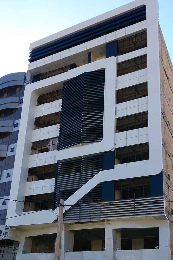 Adjustable Louvers
Adjustable Louvers
Aluminium louvers | Adjustable louvers are more versatile than fixed louvers, as they allow for blade movement to control the amount of ventilation and light entering the building. They have a series of blades that can be tilted to regulate the airflow, making them ideal for areas where varying levels of ventilation are required.
Adjustable louvers can be manually or electrically operated, depending on the user’s preference. They also come in different blade designs and sizes to suit various architectural styles and functional requirements.
Acoustic Louvers
Acoustic louvers are designed to reduce noise levels in areas where high levels of noise are present. They consist of perforated panels that absorb sound waves, reducing their intensity and preventing them from entering the building. They are commonly used in areas such as power plants, factories, and airports.
Acoustic louvers come in various designs, including straight and curved blades. The perforations can also vary in size and spacing, depending on the desired level of noise reduction.
Storm Louvers
Storm louvers are designed to protect the building from extreme weather conditions such as hurricanes and tornadoes. They are made of high-strength materials that can withstand high wind loads and flying debris.
Storm louvers come in various designs, including fixed and adjustable blades. They also have specific wind load and impact resistance ratings, which are determined by the local building codes and standards.
Aluminum Louvers Weight
Aluminium louvers | The weight of aluminum louvers is an important consideration when selecting the appropriate type for a specific application. The weight affects not only the installation process but also the load-bearing capacity of the building’s structure. Here are some factors that determine the weight of aluminum louvers:
Material Thickness
The thickness of the aluminum material used to make the louvers affects their weight. Thicker materials are heavier than thinner ones, which can affect the ease of installation and the load-bearing capacity of the building’s structure.
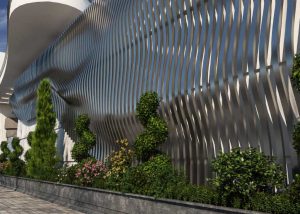 Blade Design and Size
Blade Design and Size
Aluminium louvers | The design and size of the blades also affect the weight of the aluminum louvers. For example, wider and longer blades are heavier than shorter and narrower ones, which can increase the overall weight of the louvers. Similarly, complex blade designs that require more material to produce can also increase the weight of the louvers.
Louver Type
The type of aluminum louvers also affects their weight. Fixed louvers, which are made of stationary blades, are typically lighter than adjustable louvers, which have moving parts that add weight. Acoustic and storm louvers are also heavier than regular louvers due to their additional features and materials.
Surface Finish
The surface finish of the aluminum louvers can also affect their weight. Louvers with a thicker coating, such as powder coating or anodizing, are heavier than those with a thinner coating or no coating at all. This is because the coating adds additional material to the louvers, increasing their weight.
Aluminum louvers typically weigh between 2 and 10 pounds per square foot, depending on the factors mentioned above. It is important to consult the manufacturer’s specifications to determine the exact weight of the louvers before installation.
Conclusion
In conclusion, aluminum louvers are essential components of modern construction. They offer several benefits, including ventilation, natural light control, and durability. They come in various designs and sizes to cater to different needs, including fixed, adjustable, acoustic, and storm louvers. The weight of the aluminum louvers is an important consideration that can affect the ease of installation and the load-bearing capacity of the building’s structure. It is essential to consult the manufacturer’s specifications to determine the exact weight of the louvers before installation. By considering these factors, architects and builders can select the appropriate type of aluminum louvers that meet their functional and aesthetic requirements while ensuring structural safety and stability.
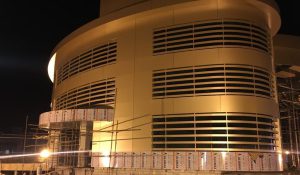
You can contact us to buy and sell these products:
Types and examples of curtain wall construction and execution Building Facade|facade engineering|facade materials Ceramics Facades|Handrails|Terracotta Facade|Thermowood WPC Wood Plastic|facades glass|dryfacade (Aluminum Louvers) Detailed technical and executive information for those interested
What you read in this article:
Also, Here are some of the capabilities of this company:
Valid Aluminium Company site
aluminum company producer factory in Manufacture aluminum profile windows & door aluminum Details of the Valid Aluminium Company of factory products
Curtain Wall|Frameless glass facade|Aluminum louver Skylight glass|Dry ceramic|Dry stone|aluminum profile Glass Aluminum handrails|Composite sheet|Wood-plastic(WPC) Spider|Facade Design & Concept Engineering Interior Design


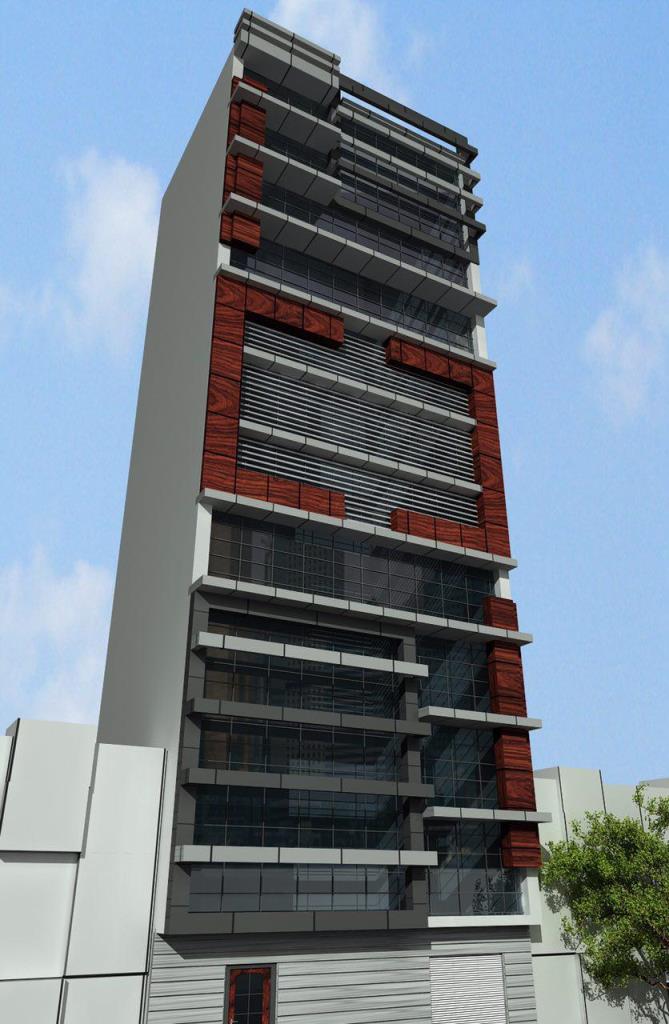
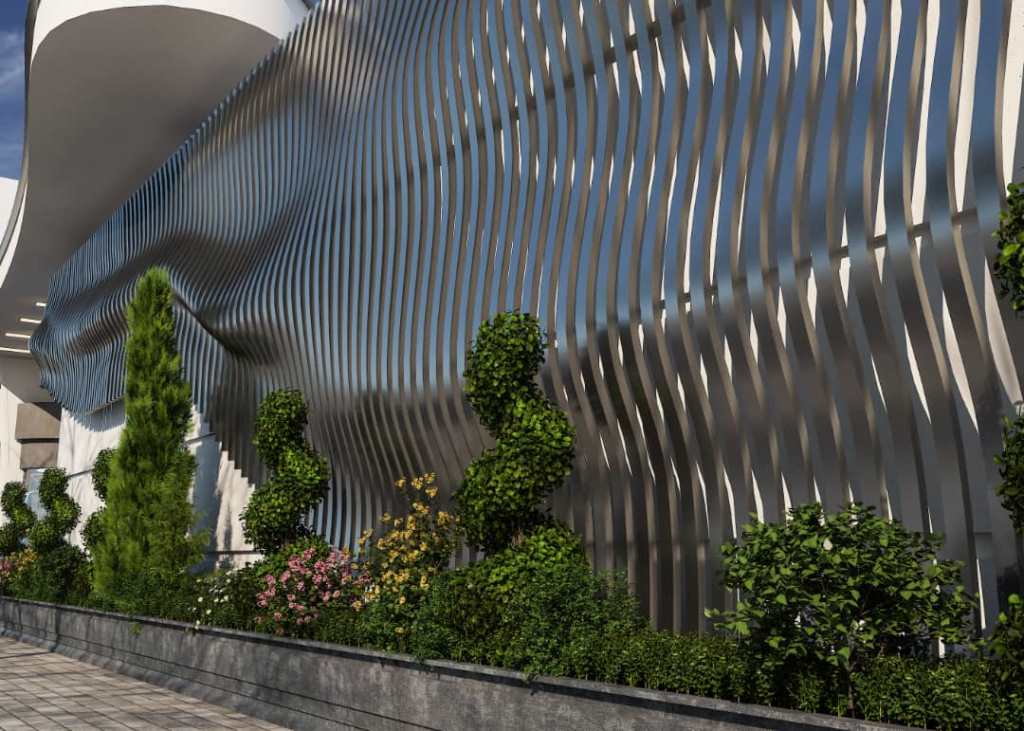
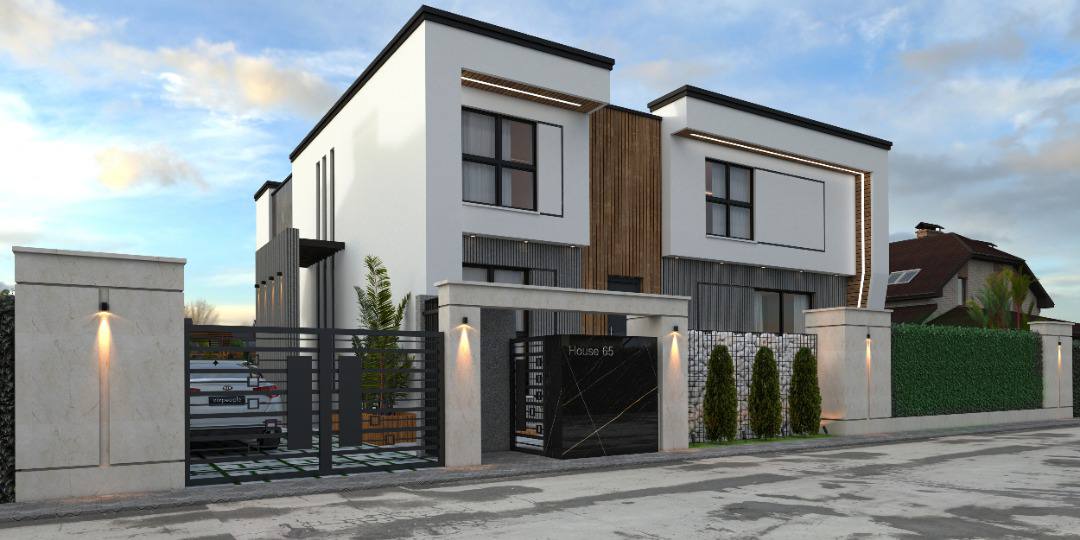
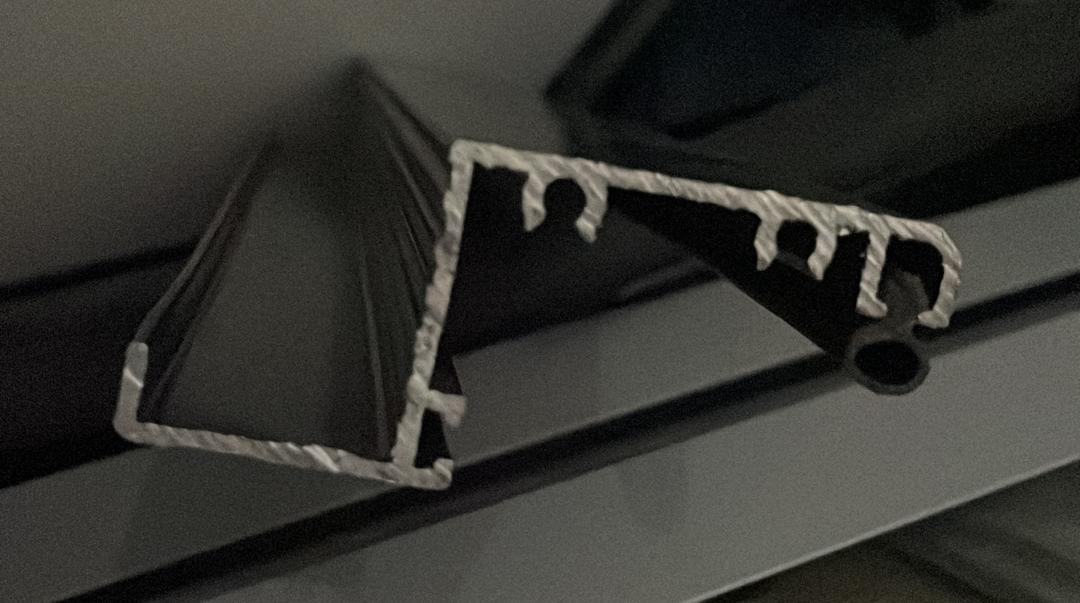
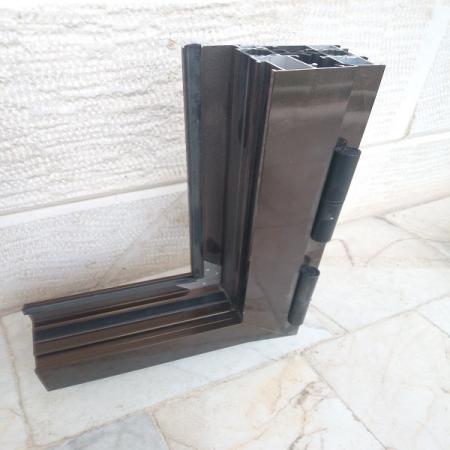
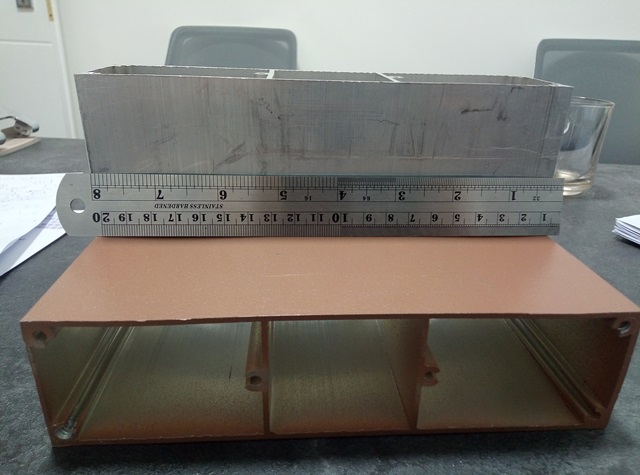
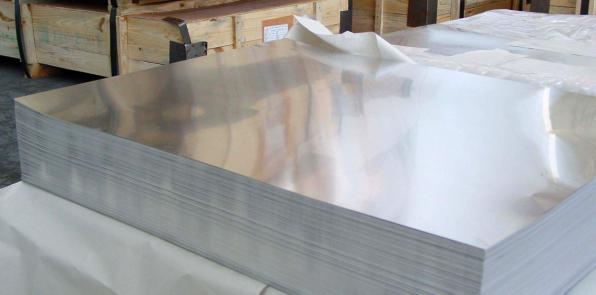
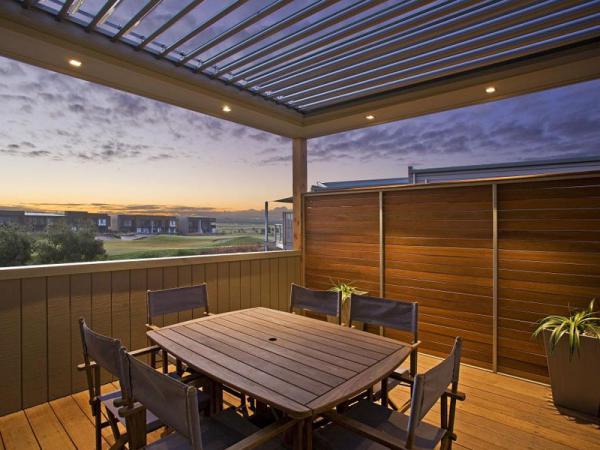
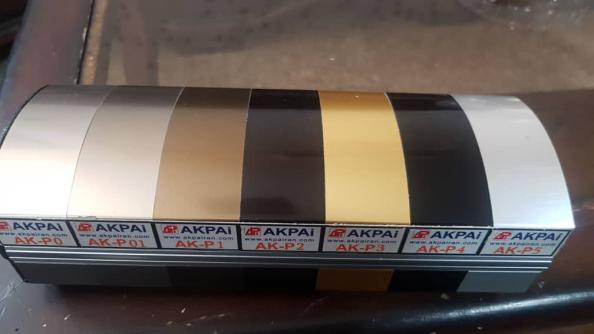
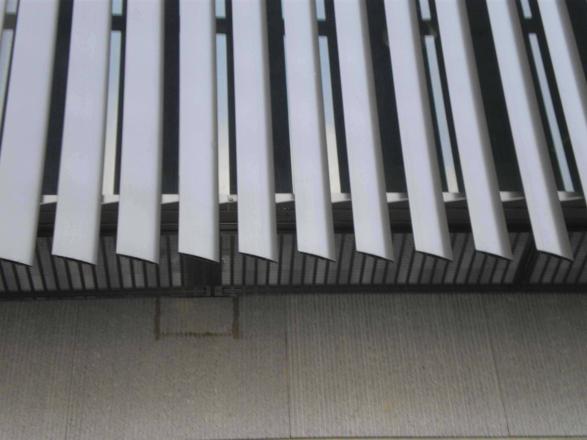
Your comment submitted.